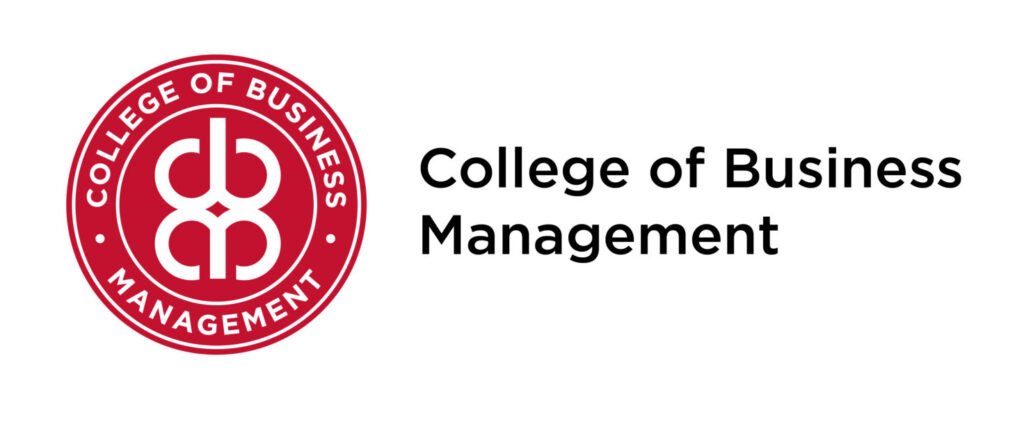Khuram, W., Wang, Y., & Khan, S. (2024). Venture creation through social connections: Role of social networking ties in developing entrepreneurial passion and intentions among university students. The Journal of High Technology Management Research, 35(1), 100133.
Khuram, W., Wang, Y., & Khan, S. (2024). Effects of entrepreneurship education on entrepreneurial passion and intention: Moderating role of government support. In Proceedings of the 2024 International Symposium on Education, Management and Social Sciences (ISEMSS-24) (pp. 261–267). Atlantis Press.
Khuram, W., Wang, Y., & Din, A. U. (2024). Innovative technological solutions for environmental sustainability in Chinese engineering practices. Engineering, Technology & Applied Science Research, 14(1), 6935.
Khuram, W., Wang, Y., Ali, M., Khalid, A., & Han, H. (2023). Impact of supportive supervisor on doctoral students’ research productivity: The mediating roles of academic engagement and academic psychological capital. SAGE Open, 13(3), 21582440231185554.
Khuram, W., Wang, Y., & Khan, S. (2024). Factors affecting academic performance of international students in China: A theory of reasoned action approach. Croatian Journal of Education, 26(1), 285–643.
Shah, A. M., & Khuram, W. (2020). A multi-modal approach to predict the strength of doctor–patient relationships. Multimedia Tools and Applications, 79(33–34), 23975–23995.
Khuram, W., & Wang, Y. (2021). Moderating impact of supervisor support on knowledge seeking intention of international students: A conceptual framework. In Proceedings of the 8th International Conference on Education and Social Sciences (INTCESS21) (pp. 163–170). OCERINT.
Khuram, W., & Wang, Y. (2021). Moderating impact of positive emotion between academic stress and academic performance of students: A conceptual framework. In Proceedings of the 8th International Conference on Education and Social Sciences (INTCESS21) (pp. 164–171). OCERINT.
Khuram, W., Wang, Y., Khan, S., & Khalid, A. (2021). Academic attitude and subjective norms effects on international doctoral students’ academic performance self-perceptions: A moderated-mediation analysis of the influences of knowledge-seeking intention. Journal of Psychology in Africa, 31(2), 145–152.

